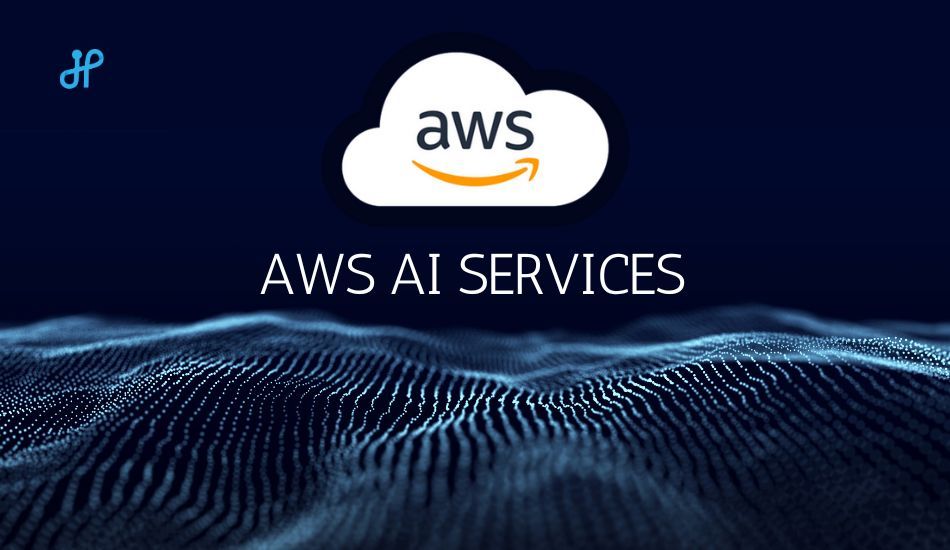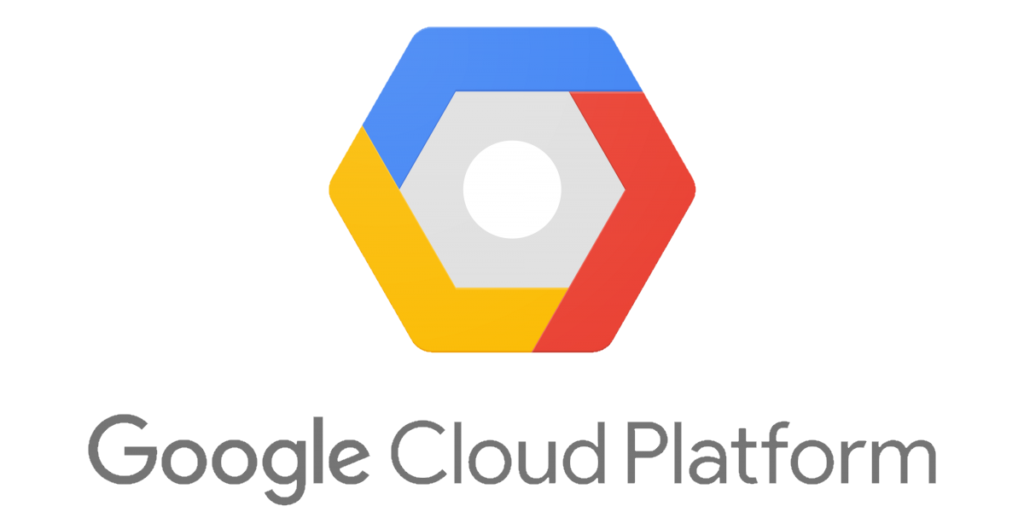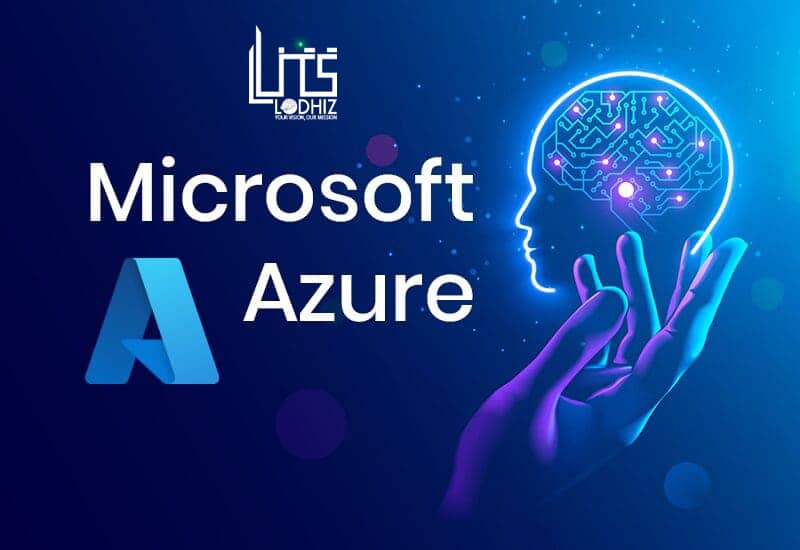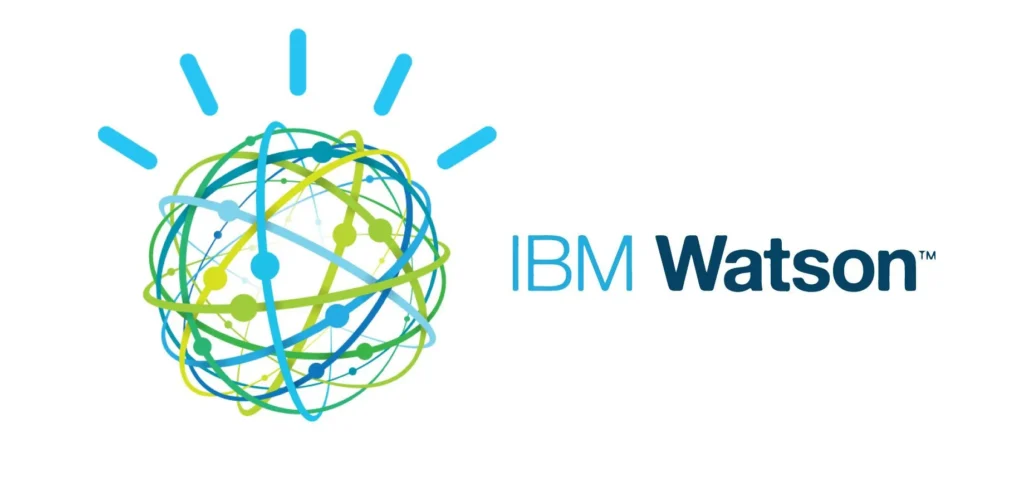AI cloud business management platform tools – In today’s digital-first world, businesses are racing to adopt Artificial Intelligence (AI). Yet, building AI systems in-house requires massive datasets, advanced algorithms, and high computing power—resources most organizations can’t maintain at scale. This is where AI cloud platforms step in, offering cost-effective, scalable, and enterprise-ready infrastructure to accelerate AI adoption.
This guide explains what AI cloud platforms are, why they matter for modern enterprises, key features to look for, and the best providers in 2025.
What Is an AI Cloud Platform?
An AI cloud platform is a specialized extension of traditional cloud computing services, fine-tuned to handle AI-specific workloads. Unlike generic cloud services, these platforms combine:
- Massive data storage for training machine learning models
- High-performance computing power to process complex algorithms
- Pre-built AI and ML tools for faster development and deployment
- Integration-ready APIs for seamless connectivity with existing systems
Simply put, an AI cloud platform enables organizations to build, deploy, and scale AI applications without being limited by physical infrastructure.
Why AI and Cloud Computing Are a Perfect Match
Cloud and AI reinforce each other in powerful ways:
- Cloud powers AI: Provides infrastructure, storage, and computing capacity for AI workloads.
- AI enhances cloud: Automates operations, strengthens cybersecurity, and optimizes resource allocation.
Key Business Benefits of AI in the Cloud:
- Automation at scale – Reduce manual tasks and streamline operations
- Predictive analytics – Forecast demand, detect risks, and anticipate business needs
- Enhanced cybersecurity – Spot cyber threats and anomalies before they escalate
- Smarter decision-making – Leverage data-driven insights for competitive advantage
Key Features of AI Cloud Platforms
When evaluating an AI cloud provider, business leaders should focus on capabilities that drive both efficiency and scalability:
1. Scalability & Flexibility
Scale resources up or down instantly, without being tied to physical hardware.
2. Data Processing Power
Advanced tools for data collection, cleaning, storage, and preparation for AI model training.
3. Machine Learning Frameworks
Pre-trained models and algorithms (e.g., NLP, computer vision, predictive modeling) for faster deployment.
4. End-to-End AI Development
Lifecycle support: model training, testing, validation, deployment, and iteration.
5. Integration & API Ecosystem
Plug-and-play APIs for voice recognition, NLP, sentiment analysis, and other AI functions.
6. Security & Compliance
Enterprise-grade security and adherence to standards like GDPR, HIPAA, and PCI DSS.
Top AI Cloud Providers in 2025
The AI cloud market is dominated by leading tech giants, along with niche providers that excel in specialized use cases.
1. Amazon Web Services (AWS) AI

- Key Features: Amazon SageMaker for model training, validation, and deployment; Bedrock for pre-trained foundation models.
- Unique Value: Vast ecosystem, try-before-you-buy options, and enterprise-grade compliance.
- Use Cases: Text summarization, aerial traffic detection, chatbots, and image recognition.
2. Google Cloud AI Platform

- Key Features: Vertex AI with 160+ pre-trained models, AutoML for low-code ML development.
- Unique Value: Deep integration with Google’s BigQuery and data ecosystem.
- Use Cases: Generative AI agents, natural language processing, and document automation.
3. Microsoft Azure AI

- Key Features: 200+ AI services, strong MLOps support, Retrieval-Augmented Generation (RAG).
- Unique Value: Tight integration with Microsoft products and strong security credentials.
- Use Cases: Virtual assistants, speech recognition, image analytics, and conversational AI.
4. IBM Watson

- Key Features: AutoML, drag-and-drop model building, and advanced data refinery.
- Unique Value: Private cloud options and strong healthcare-focused solutions.
- Use Cases: Healthcare diagnostics, financial fraud detection, and compliance tools.
5. Oracle AI Cloud Services

- Key Features: End-to-end AI lifecycle management, GPU-powered infrastructure, vector databases.
- Unique Value: Cost-effective scaling with high-performance GPUs.
- Use Cases: Retail chatbots, predictive analytics, enterprise digital twins, and government-grade AI solutions.
Best Practices for Choosing an AI Cloud Platform
When selecting the right AI cloud provider, business leaders should:
- Define use cases clearly – Start with the most urgent pain point (e.g., defect detection in manufacturing).
- Assess data quality & availability – AI outcomes depend heavily on reliable datasets.
- Consider scalability – Ensure the platform supports future growth and evolving AI needs.
- Evaluate pricing models – Compare subscription vs. pay-as-you-go vs. custom quotes.
- Check integration ease – Verify compatibility with your current systems.
- Review security & compliance – Match provider standards with your industry’s regulations.
- Gauge technical expertise required – Some platforms are beginner-friendly, others need advanced skills.
- Look at case studies & reviews – Learn from businesses in your sector that adopted AI clouds.
Conclusion
AI cloud platforms are no longer optional—they are becoming a strategic necessity for enterprises that want to innovate, cut costs, and scale AI initiatives. From AWS and Azure to IBM and Oracle, each platform offers unique strengths tailored to different industries.
The key to success lies in carefully aligning business goals, available data, and compliance needs with the right AI cloud partner. Those who start early and strategically will gain a competitive edge through smarter automation, predictive analytics, and faster innovation cycles.





